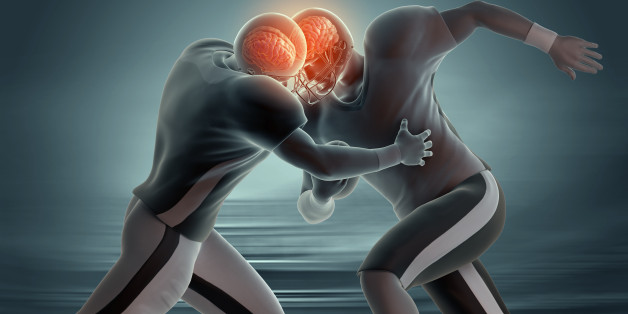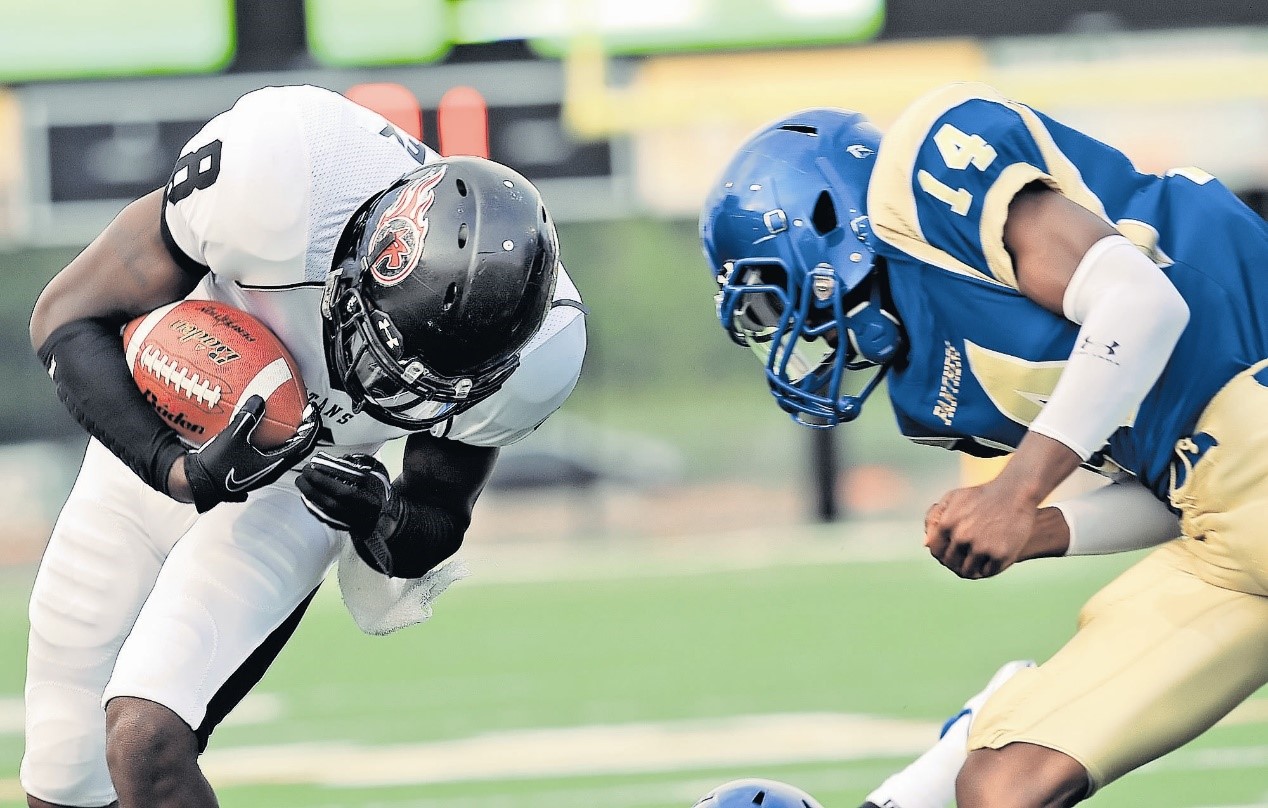Somehow, we’ve come across the word “concussion”, but not everyone has an understanding as to what it is or what to do when experiencing or treating one.
A concussion is a mild type of traumatic brain injury (mTBI) that can change the way the brain normally works.
Overall, the activities associated with the greatest number of TBI-related emergency department visits are sporting activities which include biking, football, playground activities, basketball, and soccer.

People with concussions can experience symptoms that are:
- Physical, such as headache and blurred vision
- Cognitive, such as difficulty focusing
- Emotional, such as irritability
- Sleep-related, such as fatigue, sleeping more than usual
Sporting activities are the major cause of concussions, however, concussion also occurs in non-sport activities. Falls are the leading cause of non-sports related concussions. Concussions can also occur from any incident that causes the head and brain to move quickly back and forth.
7 Things You Need To Know About Concussion

1. You May Have a Concussion without Losing Consciousness.
The confusion that follows a concussion can occur with or without loss of consciousness. Most sports related concussions occur without loss of consciousness and often go unrecognized. After a head injury, sit out for a little bit just in case it is a concussion.
2. Symptoms of a Concussion.
Symptoms of concussions include confusion, headache, dizziness, ringing in the ears, nausea, slurred speech, and fatigue. Aside from slurred speech, none of these symptoms look too scary on their own and they are even expected after a hard hit to the head. It is important to watch for a combination of these symptoms and see if they linger. Amnesia is a symptom that is present in more serious concussions.
3. Late Developing Symptoms.
Aside from the symptoms listed above, there are several others that may set in later on. These symptoms include: irritability, memory problems and even depression. It is important to take a break from activity and allow your brain to heal.
4. It Takes Time for the Brain to Heal.
Following a concussion, it is crucial to let your brain rest and give it time to heal in order to prevent lasting damage. Both physical and mental exertion need to be limited until symptoms have resolved. Activities such as schoolwork, playing video games, and even watching TV can make symptoms worse.

5. When to See a Doctor.
If symptoms persist consult a doctor. If you’re having trouble remembering since the concussion, visit you doctor right away. However, a brain scan will not show a concussion, but come back normal. Some states are now requiring a doctor’s release for athletes to play again after getting a concussion.
6. Those at Risk.
The two sports with the most concussions are football and ice hockey. Non-organized physical activities with large numbers of concussions include: snow skiing, bicycling, and playground injuries. Also, research has shown that girls have a higher rate of concussions, but the reason why is unclear.

7. Take Brain Injuries Seriously.
If the brain does not heal properly, if the concussion is too severe, or if multiple concussions occur, there can be serious consequences. Victims may experience epilepsy, vertigo, personality changes, Parkinson’s disease, dementia, and even death. Brain injuries should not be handled lightly.










Thank you for your sharing. I am worried that I lack creative ideas. It is your article that makes me full of hope. Thank you. But, I have a question, can you help me?
I don’t think the title of your article matches the content lol. Just kidding, mainly because I had some doubts after reading the article.
I savor, result in I found exactly what I used to be having a look for.
You have ended my 4 day long hunt! God Bless you man. Have a nice day.
Bye